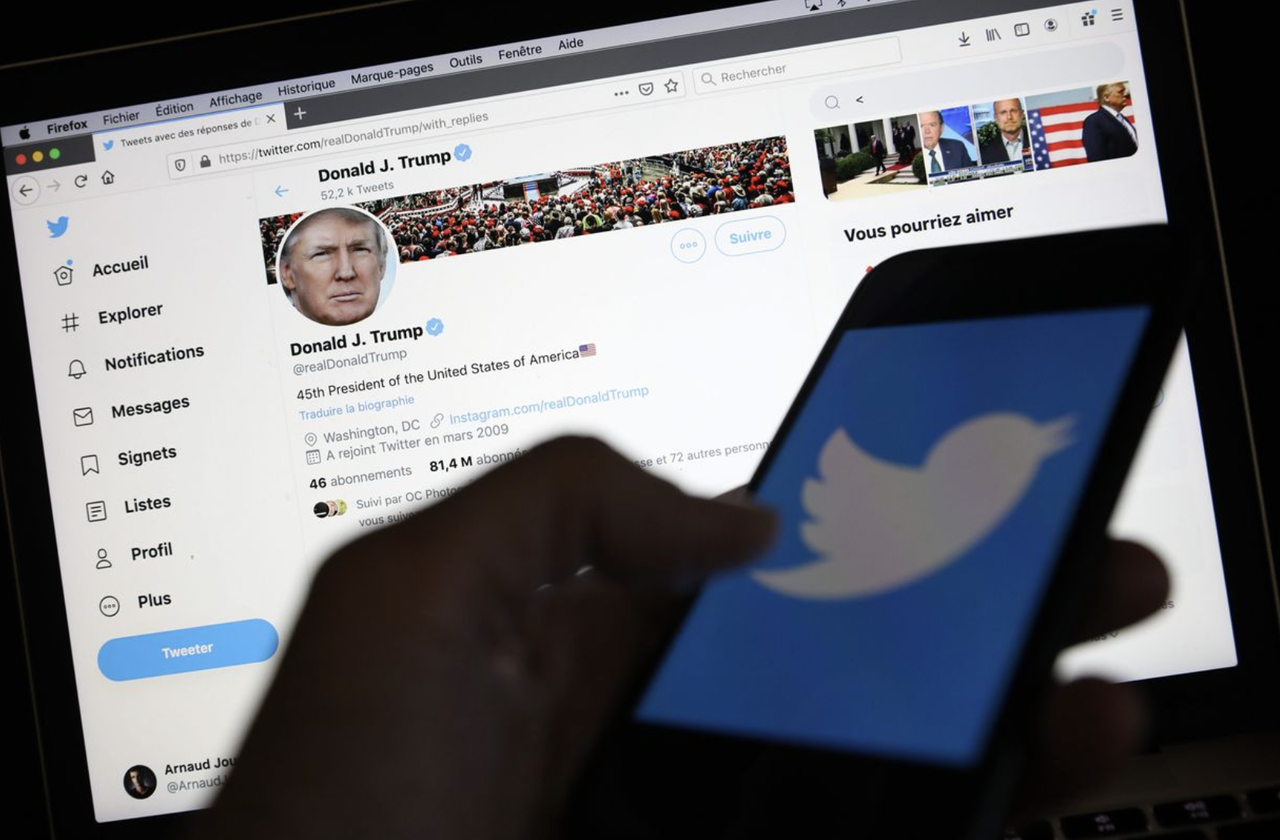DOJ Goes After Google’s Comment Section: Trump Admin To Propose Section 230 Rollback
Tyler Durden
Wed, 06/17/2020 – 08:40
The DoJ just escalated its burgeoning feud with Silicon Valley by introducing a new legislative plan meant to make certain changes proposed in a Trump executive order signed late last month permanent – including a measure to strip tech giants of “liability shields” for activity and speech that happens on their platforms.
In effect, the DoJ proposal would rollback protections centered in Section 230 of the Communications Decency Act of 1996, something that’s gaining bipartisan support (albeit for vastly different reasons).
The proposal calls for the rolling back of legal protections that online platforms have enjoyed for more than 20 years to try and make tech companies more responsible in how they police their content, CNET reports. The proposed reforms, to be announced later on Wednesday, are designed to require social media platforms like Twitter, Facebook or YouTube (owned by Google parent Alphabet) to be more active in policing sites for illicit or harmful content, while also requiring them to be more consistent in decisions to remove content they find objectionable.
If adopted by Congress and passed, the bill would effectively make some of the changes outlined in an executive order signed by Trump late last month the law of the land: It would rollback protections for these digital ‘platforms’ that engage in active political censorship of users on said platforms.Because of this, it represents a serious escalation of the Trump Administration’s fight against Big Tech, which President Trump has long criticized for discriminating against conservatives and their ideas.
The new framework might gain more traction on capital hill, particularly after the events of yesterday, when a journalist-activist employed by NBC News published a story claiming that the “far-right” websites Zero Hedge and the Federalist (two sites that have both been described as about as conservative as the Drudge Report) were recently demonetized by Google. Shortly after, Google clarified that it was working with the two publishers to rein in hate speech in comment sections.
Furthermore, Jonathan Turley, a law professor at GW who often writes on free speech issues, criticized an NBC News report on the “de-monetization” (later denied by Google) of Zero Hedge and the Federalist) and argued that Google’s actions support the DOJ legislative proposal and the Trump Administration’s incipient anti-trust effort.
As we discussed earlier in regards to Twitter, Google seems to be making the case for not only pushing forward with anti-trust inquiries but stripping it and other companies of immunity protections. Indeed, the Justice Department just announced that it is moving forward with proposals to strip away protections. Google and other companies were given protections under Section 320 because it has claimed to being a neutral supplier of virtual space for people to speak with one another. It is now effectively shutting down sites because they allow others to comment freely on their sites. This biased targeting of sites has led to congressional objections and renewed threats to amend the federal law. Indeed, Google is undermining the support with some of us who viewed protections are fostering free speech values. It is now using its role to stifle and regulate speech, the very antithesis of not just free speech but the federal protections.
The White House has made it abundantly clear that it won’t tolerate social media platforms continuing to censor and de-monetize conservative speech while ignoring similar behavior by radical leftists. If these platforms want to continue to ‘curate’ the information and speech found therein, then they should be treated more like a publisher than a platform.
via ZeroHedge News https://ift.tt/30PuKe5 Tyler Durden
